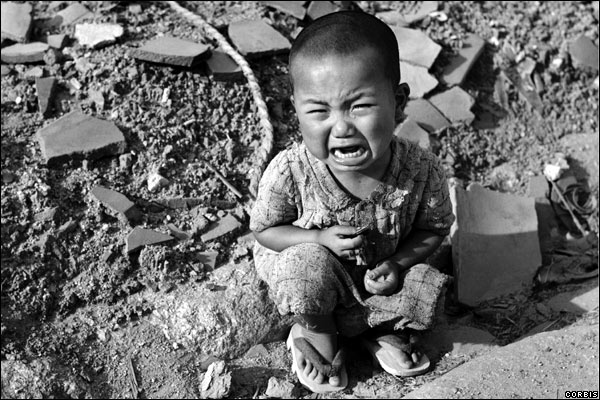 HOWARD ZINN
HOWARD ZINNHoward Zinn is a historian, playwright, and social activist. Zinn was raised in a working-class family in Brooklyn, NY. He was a shipyard worker and Air Force bombardier before he went to college under the GI Bill and received his Ph.D. from Columbia University. Flying bombing missions for the United States in World War II was an experience that influenced him to oppose war. In 1956, he became a professor at Spelman College in Atlanta, a school for black women. There he got involved in the Civil rights movement. He participated as an adviser to the Student Nonviolent Coordinating Committee (SNCC) and chronicled, in his book SNCC: The New Abolitionists. Zinn later collaborated with historian Staughton Lynd and mentored a young student named Alice Walker. When he was fired in 1963 for insubordination related to his protest work, he moved to Boston University, where he became a leading critic of the Vietnam War. He also wrote the influential book, A People’s History of the United States, which is widely used in college and University class room around the country.
Hiroshima: Breaking the Silence

In this article Howard Zinn argues that the dropping of the atomic bombs in Hiroshima and Nagasaki goes beyond a country fighting facism, or the United States fighting a war with Japan. He argues that Hiroshima and Nagasaki were wiped out to make a point. Racism played a huge role in the decision to drop these two bombs. “The persistent notion that the Japanese were less than human probably played some role in the willingness to wipe out two cities populated by people of color.” According to this article there was plenty of evidence that showed that Japan would have surrendered even if the atoic bombs had not been dropped. The argument that casualties were going to be less if the atomic bombs were dropped than having a US invasion in Japan to Zinn is considered pointless. Japanese were on the verge of surrender, evidence showed that a simple declaration on keeping the position of the Emperor would have brought the war toa an end, and no invasion was necessary. Another argument that Zinn makes for the dropping of the two bombs is that were being used to try out new weaponry, since the Nagasaki bomb used plutonium and the Hiroshima bomb contained only uranum atoms. Human life was being sacrificed for techonoligical progress and “that is part of the history of modern civilization.”
The bomb dropped on Hiroshima on August 6, 1945 within a few moments killed aprox. 140,000 men, women, and children. Three days later the bomb dropped in Nagasaki killed perhaps 70,000 instanly. In the next five years 130,000 inhabitants of those two cities died of radiation poisoning.



No comments:
Post a Comment